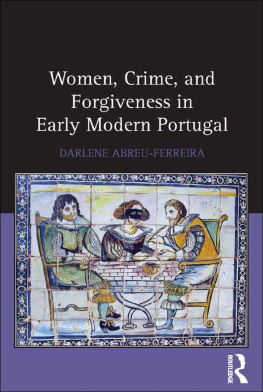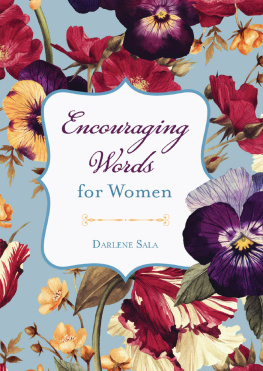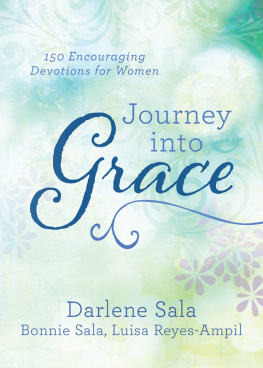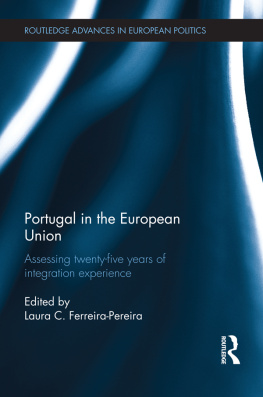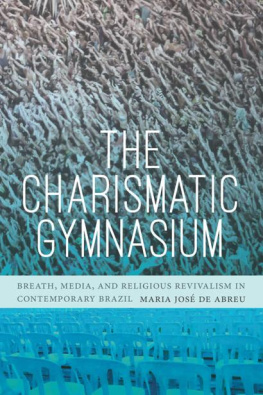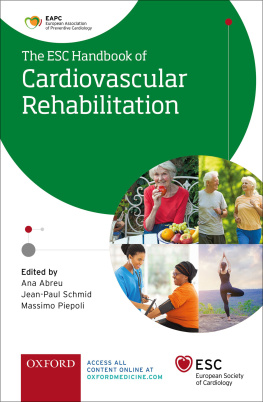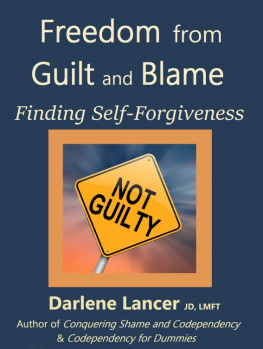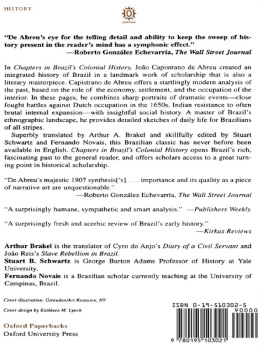WOMEN, CRIME, AND FORGIVENESS IN EARLY MODERN PORTUGAL
Women, Crime, and Forgiveness in Early Modern Portugal
DARLENE ABREU-FERREIRA
University of Winnipeg, Canada
First published 2015 by Ashgate Publishing
Published 2016 by Routledge
2 Park Square, Milton Park, Abingdon, Oxon OX14 4RN
711 Third Avenue, New York, NY 10017, USA
Routledge is an imprint of the Taylor & Francis Group, an informa business
Copyright Darlene Abreu-Ferreira 2015
Darlene Abreu-Ferreira has asserted her right under the Copyright, Designs and Patents Act, 1988, to be identified as the author of this work.
All rights reserved. No part of this book may be reprinted or reproduced or utilised in any form or by any electronic, mechanical, or other means, now known or hereafter invented, including photocopying and recording, or in any information storage or retrieval system, without permission in writing from the publishers.
Notice:
Product or corporate names may be trademarks or registered trademarks, and are used only for identification and explanation without intent to infringe.
British Library Cataloguing in Publication Data
A catalogue record for this book is available from the British Library
The Library of Congress has cataloged the printed edition as follows:
Abreu-Ferreira, Darlene.
Women, crime, and forgiveness in early modern Portugal / by Darlene Abreu-Ferreira.
pages cm
Includes bibliographical references and index.
ISBN 978-1-4724-4231-4 (hardcover : alk. paper)ISBN 978-1-3155-4664-3 (ebook) ISBN 978-1-1347-7765-5 (epub)
1. WomenPortugalSocial conditions16th century. 2. WomenPortugalSocial conditions17th century. 3. CrimePortualHistory. 4. WomenCrimes againstPortugalHistory. 5. Female offendersPortugalHistory. 6. PardonPortugalHistory. 7. PortugalHistory16th century. 8. PortugalHistory17th century. I. Title.
HQ1697.A27 2015
305.409469dc23
2014031159
ISBN 9781472442314 (hbk)
ISBN 9781315546643 (ebk-PDF)
ISBN 9781134777655 (ebk-ePUB)
Contents
Map Portugal and the Atlantic Archipelagos of Madeira and the Azores, courtesy of Weldon Hiebert, Department of Geology, University of Winnipeg.
List of Tables
Abbreviations
|
|---|
ADAH | Arquivo Distrital de Angra do Herosmo |
ADE | Arquivo Distrital de Evora |
ADF | Arquivo Distrital de Faro |
ADP | Arquivo Distrital do Porto |
ADVC | Arquivo Distrital de Viana do Castelo |
AHMP | Arquivo Histrico Municipal do Porto |
AMVC | Arquivo Municipal de Viana do Castelo |
BPARPD | Biblioteca Pblica e Arquivo Regional de Ponta Delgada |
IAN/TT | Instituto de Aquivos Nacionais/Torre do Tombo (Lisbon) |
Acknowledgements
The present study would not have been possible without the much-appreciated research grants from the Social Sciences and Humanities Research Council of Canada (SSHRC), and additional assistance from the Research Office at the University of Winnipeg. Travel to and from the archives, and the gathering of archival materials, is a laborious and expensive exercise, and I am exceedingly grateful for the financial support I have received. Jennifer Cleary, at the University of Winnipegs Research Office, is a grant application goddess.
Once in the archives, the task of locating the precious documents that I sought, written in a language that was quite foreign to me at the start of this journey, would have been impossible without the assistance of some generous individuals inside and outside those archives. I met Amlia Polnia and Silvestre Lacerda during my early stumbles in Porto, and they have remained constants in my subsequent trips to Portugal. I am also thankful to the archivists in other locations who have facilitated my research, in particular Antnio Maranho Peixoto in the Arquivo Municipal de Viana do Castelo, Maria Olinda Alves Pereira in the Arquivo Distrital de Viana do Castelo, Isabel Cid in the Arquivo Distrital de Evora, Miguel Vargas in the Arquivo Distrital de Faro, and Jorge Mello Manoel in the Arquivo Distrital de Ponta Delgada.
A big thank you is also owed to Isabel Maria de Barros Dias, who kindly lent me her apartment in Lisbon, and to Fernanda Olival and Isabel dos Guimares S, who have patiently helped me with numerous queries. A big hug to the sisters Lucy and Ftima Gonalves Pereira, whose warmth and gregarious spirit made my visits to Lisbon and Abrantes much more pleasant and productive. While I was working on my PhD in the 1990s, I had the good fortune to meet Ftima Sequeira Dias in Ponta Delgada, So Miguel, and she became an instant friend. Always a fountain of information, always generous with her time and home, Ftimas untimely death has left a big void for many of us, professionally and personally. Thank you to the staff at a number of research libraries, especially those at the Biblioteca Nacional (Lisbon), Biblioteca Municipal (Porto), Thomas Fisher Rare Book Library and Robarts Library (University of Toronto), and the Newberry Library (Chicago). I am indebted to many historians and other scholars, on both sides of the Atlantic, whose published works have been crucial to my own study, and to the anonymous readers of this manuscript who nudged me to reconsider some presuppositions. Thank you, Jan McTavish, for the encouragement and constructive comments on an earlier version of the manuscript. Thank you also to the editorial team at Ashgate Publishing, particularly the proof-reader extraordinaire.
I have depended on the no-nonsense advice of Daniel Vickers long after we both left Memorial University of Newfoundland, and the encouragement of Valerie Burton, still causing trouble at Memorial. After agreeing to look over one early draft of the present study, Danny told me, You can do better. I trust that I have. Thank you also to Merry Wiesner-Hanks for her support over the years, and for telling me, You have got to stop before you finish because you will never be finished. A big thank you to my academic family at the Association for Spanish and Portuguese Historical Studies, most notably David Higgs, Carla Rahn Phillips, Ivana Elbl, and Frank Dutra, all of whom embraced me into the fold. As the adviser for my post-doctoral fellowship at the University of Toronto, David Higgs was fond of saying that he liked my work because it was based on archival evidence, not on hot air from New York. Safe journeys, Prof. Higgs.
I am grateful for the support from my colleagues at the University of Winnipeg, particularly Jennifer Brown and Robert Young, who generously read and edited a number of research grant proposals; Don Bailey, pour les soires du bon vivant; Angela Joy Schippers, for managing the front office of the Department of History with remarkable skill and diplomacy; the helpful staff at the university library, particularly those hard-working women in inter-library loan services, Lynne Schultz and Heather Mathieson, and Kim Nguyen at the reserve desk; and my dedicated research assistants, especially Myriame Orloff and Erica Kolomic who organized the pardon database, Marieke Gruwel who tackled sixteenth-century Portuguese parish records with astonishing good cheer and uncanny ability, and William Temple who handled his teaching assistantship positions with professional integrity. Thank you as well to my non-academic friends who have been kind enough not to ask me, Arent you done, yet? The late Renate Eigenbrod, friend and neighbour, was someone who would have genuinely celebrated this humble accomplishment of mine, and she is greatly missed.



